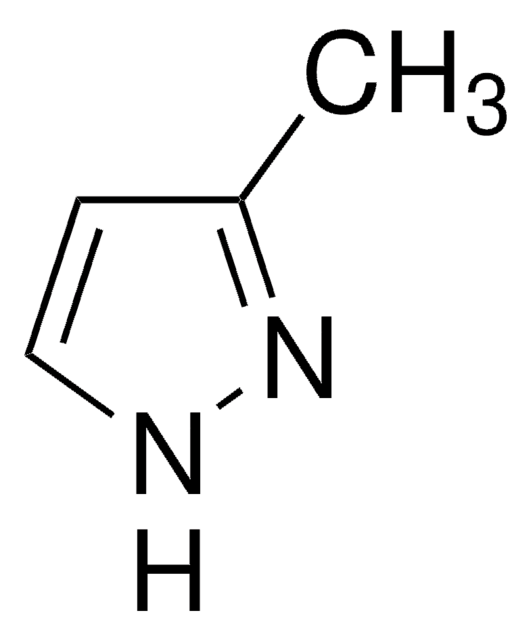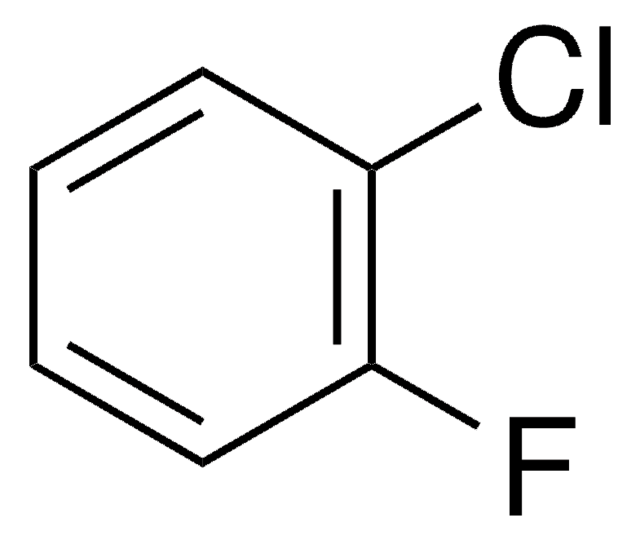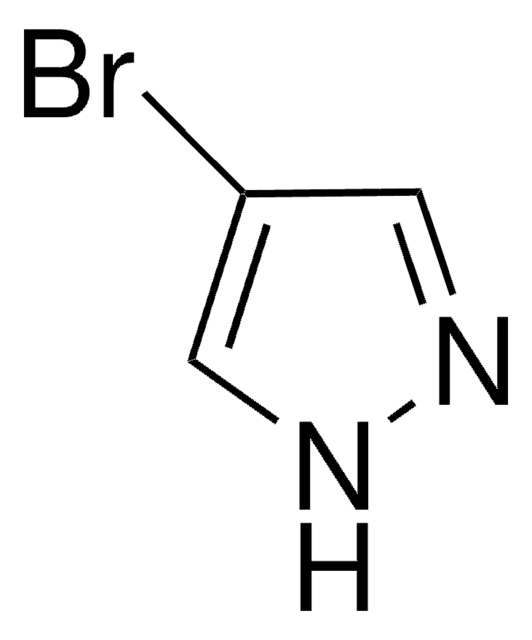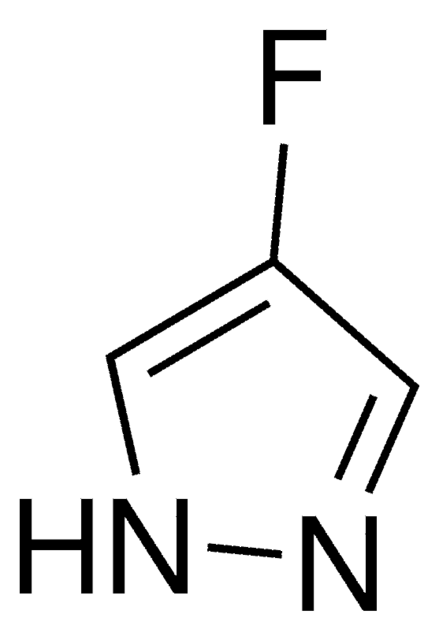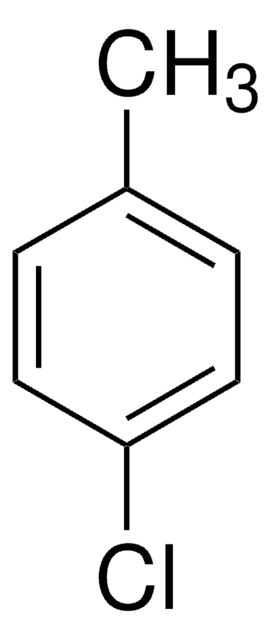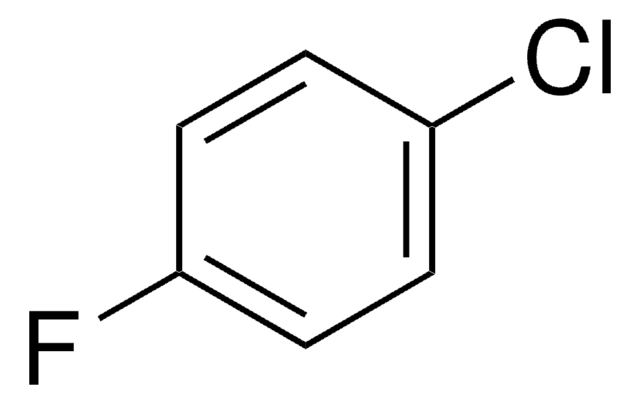About This Item
Recommended Products
Assay
99%
refractive index
n20/D 1.495 (lit.)
bp
99-100 °C/6 mmHg (lit.)
solubility
alcohol: soluble(lit.)
water: soluble(lit.)
density
0.993 g/mL at 25 °C (lit.)
SMILES string
Cc1cn[nH]c1
InChI
1S/C4H6N2/c1-4-2-5-6-3-4/h2-3H,1H3,(H,5,6)
InChI key
RIKMMFOAQPJVMX-UHFFFAOYSA-N
Gene Information
human ... ADH1A(124) , ADH1B(125) , ADH1C(126)
Looking for similar products? Visit Product Comparison Guide
General description
Application
- A reactant to prepare 4-methyl-1-phenyl-1H-pyrazole by reacting with bromobenzene via N-arylation using a copper catalyst.
- A starting material for the synthesis of 4-methyl-3(5)-nitropyrazole by nitration.
- A ligand in the preparation of gallium(III) complex of 4-methylpyrazole as potential antitumor and antiviral agent.
Biochem/physiol Actions
Signal Word
Warning
Hazard Statements
Precautionary Statements
Hazard Classifications
Acute Tox. 4 Oral - Eye Irrit. 2 - Skin Irrit. 2 - STOT SE 3
Target Organs
Respiratory system
Storage Class Code
10 - Combustible liquids
WGK
WGK 3
Flash Point(F)
204.8 °F - closed cup
Flash Point(C)
96 °C - closed cup
Personal Protective Equipment
Certificates of Analysis (COA)
Search for Certificates of Analysis (COA) by entering the products Lot/Batch Number. Lot and Batch Numbers can be found on a product’s label following the words ‘Lot’ or ‘Batch’.
Already Own This Product?
Find documentation for the products that you have recently purchased in the Document Library.
Customers Also Viewed
Our team of scientists has experience in all areas of research including Life Science, Material Science, Chemical Synthesis, Chromatography, Analytical and many others.
Contact Technical Service